A European project is coming close to the validation of a prototype of ‘Passive bistatic radar’ (PBR) technology based on Galileo transmissions. Once finalised, the new system could help relevant authorities to assure better maritime surveillance, detecting and localising, even of non-indexed ships.
With low-oxygen seafloor areas around the world on the rise, the EU-funded HYPOX project points to warning signs for marine ecosystems.
An EU-funded Scottish-led team is using virtual coral larvae to test how well marine reserves can withstand climate change.
Collaborative research funded by the ERC’s CACH project has announced the first real evidence that deep-sea animals are ingesting microplastics that are finding their way into the world’s oceans. This comes at a poignant moment as several governments are considering a ban on plastic microbeads, most often found in toiletries and cleaning products.
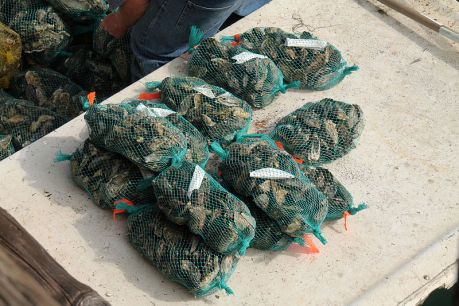
Enhanced knowledge transfer and online tools have strengthened networking and knowledge transfer in Europe’s shellfish sector. This has direct bearing on the competitiveness of European aquaculture.
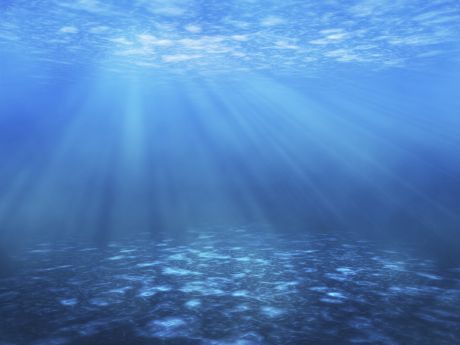
An EU initiative developed a network of marine coastal observatories to standardise and streamline data collection and management for global ocean monitoring.
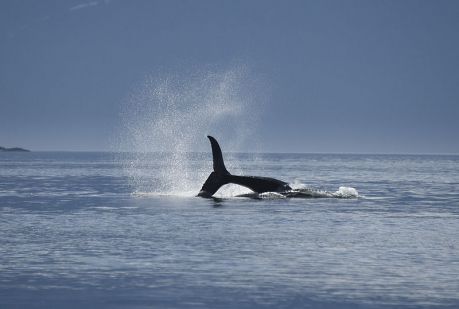
Ecosystems in the North Atlantic Ocean are crucial for the ecological, economic and societal health of both Europe and North America. EURO-BASIN an EU initiative analysed the basin-scale processes impacting these ecosystems, from natural climate change to anthropogenic pressures.
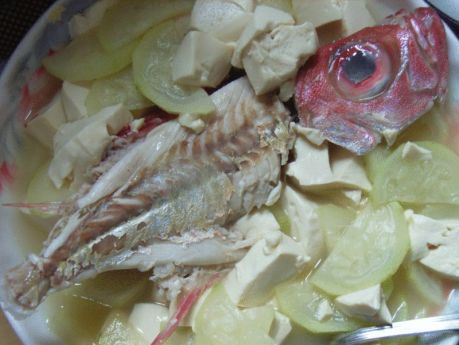
An EU-funded initiative designed a fermentation process for low-value fish raw materials to produce new food products with improved shelf life and high consumer acceptance.
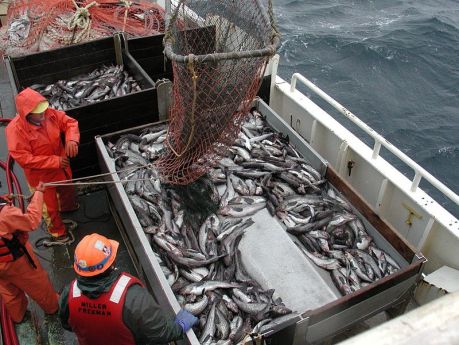
Over the last 10 years environmental issues have become more and more important for the seafood industry and its value chain as consumers and retailers wish to know whether stocks are managed sustainably. A new approach to documenting whitefish caught in European seas will help provide sustainability and environmental information to potential customers
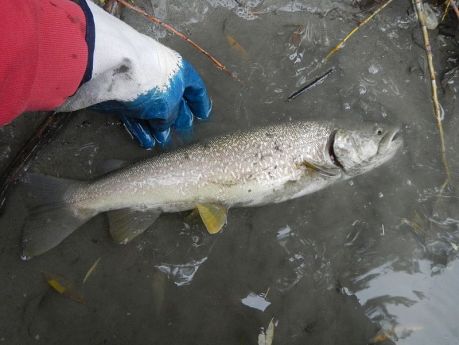
An EU team modelled a cold-water fish species' eco-evolutionary response to climate change. The study predicted that certain combinations of environmental change and fishing would threaten the ecological and economic viability of fish stocks.
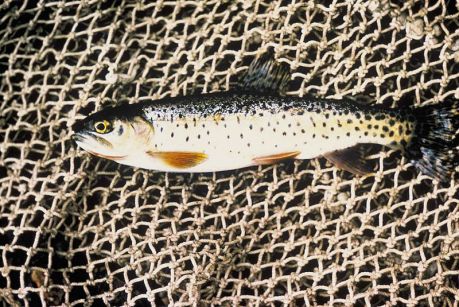
An EU initiative developed a sustainable network of top-level aquaculture research infrastructures (RIs), ultimately helping the European aquaculture industry to provide high-quality and nutritious food to European consumers.
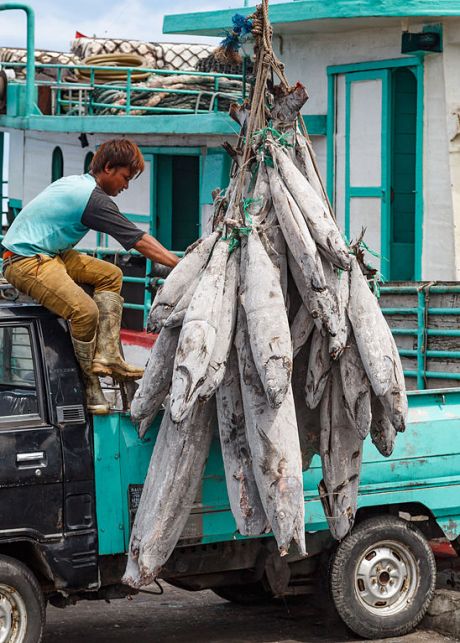
European scientists have developed new methodologies and resources to create more accurate and realistic fisheries models to enable them to accurately assess fish stocks.
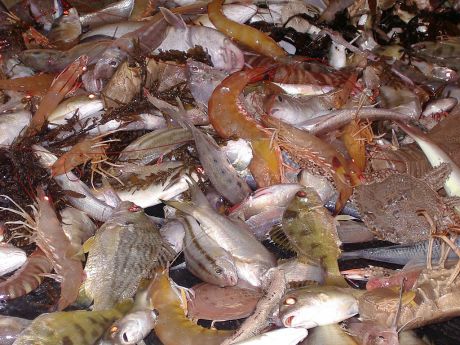
An initiative encouraging the participation of industry, government and scientists in fisheries research should lead to better scientifically informed policy decisions on marine management across Europe.

Although freshwater ecosystems provide countless services to humanity and support a rich biodiversity, they are at risk throughout the world. One of the main drivers of changes in freshwater ecosystems is biological invasions by non-native species, such as fish, resulting in major ecological and evolutionary impacts.

Fish have physiological and behavioural mechanisms to cope with stress. EU fish biologists are taking a novel integrated approach to investigate how three species of farmed fish respond to different husbandry practices with regard to welfare and stress.
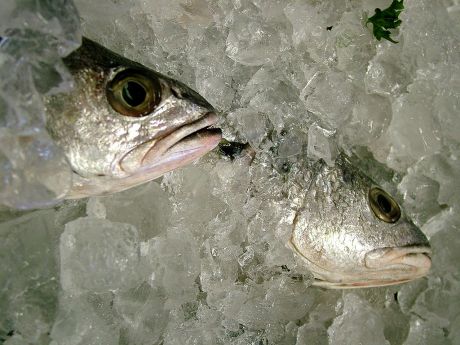
Novel energy-efficient equipment to make ice aboard fishing vessels will help keep fish fresh and support the European fishing industry.
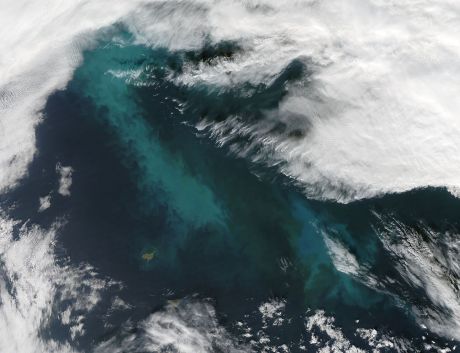
Every year aquaculture and fisheries around the world suffer significant economic losses from harmful algal blooms (HABs) causing shellfish toxicity and major fish kills.
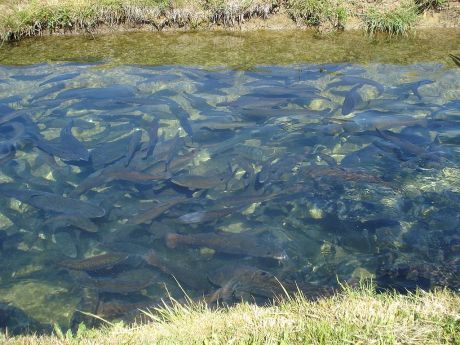
An EU-funded project is improving research capacity, infrastructure and intellectual property (IP) protection at an eastern European centre of excellence in aquaculture.
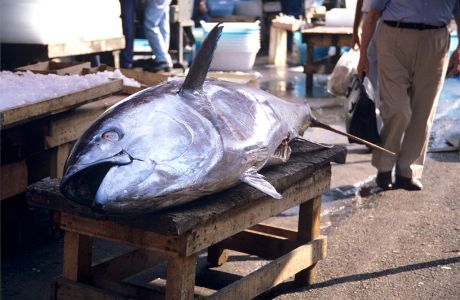
Europe's fish biologists have investigated the gregarious behaviour of tuna around floating objects. This information will contribute to sustainable fisheries management.
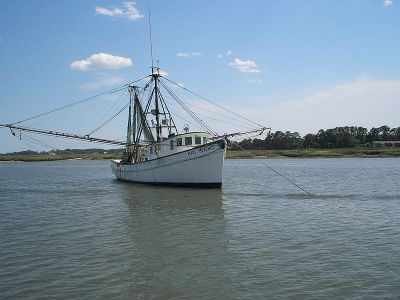
An EU research project worked to develop the evidence base and operational framework needed to make Europe's new ecosystem-based approach to fisheries management work.
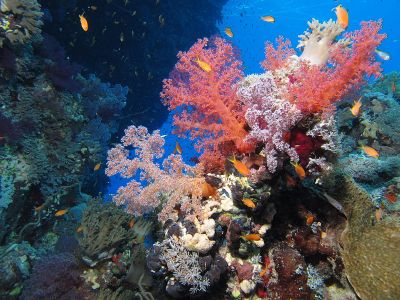
Although approximately 90 % of species found on Earth live in the marine and coastal environments, this vast diversity of life has not been thoroughly explored. By investigating organisms from a wide range of marine locations, scientists can discover new compounds with applications for health, agriculture and various industrial processes.
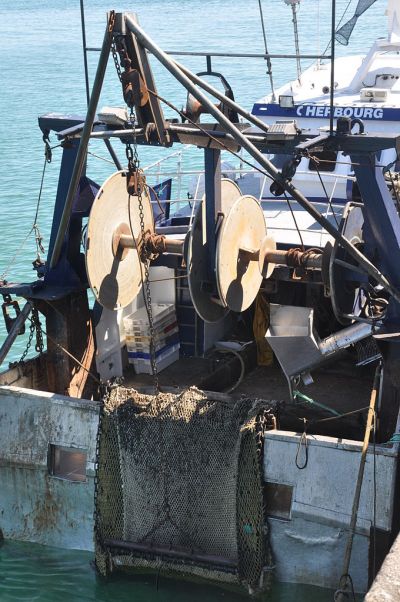
Successful technological innovations achieved through collaboration with the fishing industry will help protect benthic ecosystems and strengthen the economy of Europe's fishing sector
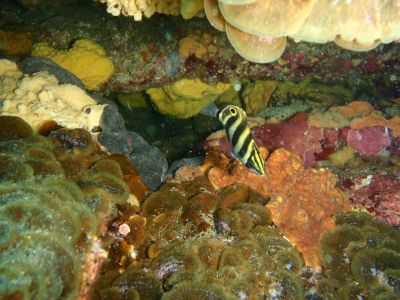
An EU-funded initiative, the CORALFISH project, was established to develop tools and methods to enable application of ecosystem based resource management in the deep sea. This was achieved through the detailed study of the interactions between cold-water corals (a vulnerable marine ecosystem), deep-sea fish and fisheries throughout European seas.
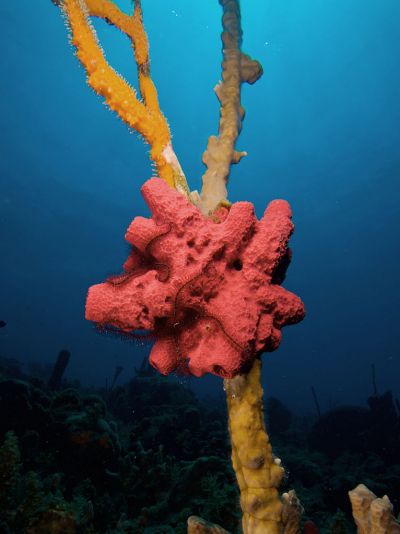
Our planet's oceans are home to an enormous range of different organisms, which are the potential resource for new products that can benefit society. However, no progress has been made after their discovery because these natural products cannot be supplied in sufficient quantity.
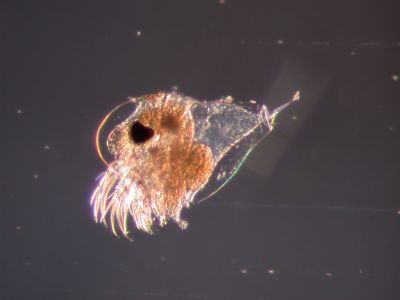
Marine plankton influences the movement of carbon from the atmosphere to the ocean. This biogeochemical process has traditionally been modelled on the supply and consumption of essential nutrients, but an EU-funded project took a new approach.




















